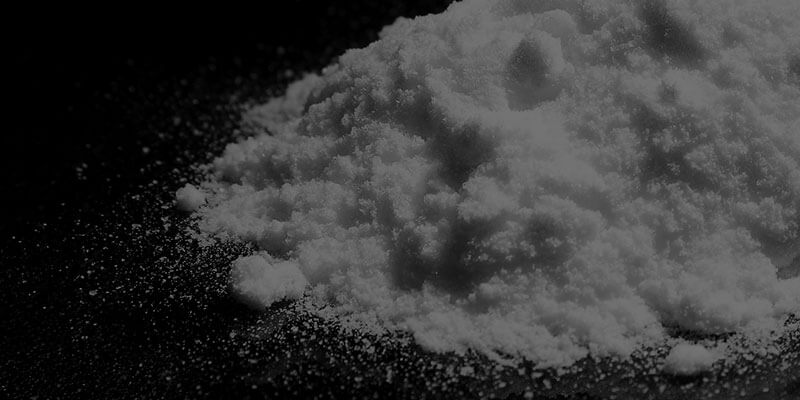The effects of phencyclidine will begin very quickly after the drug is taken, depending on the method of administration. Some of the short-term effects of the drug are pleasant, which is why people continue to take it.
The short-term effects are:
- Feeling relaxed and physically and emotionally numb
- A sensation of euphoria
- Unexpected and odd behaviors
- Slurred speech
- Problems with motor coordination
Hallucinations, delusions and paranoia can typically result with higher doses of phencyclidine.
Of course, if the drug is used for a long time, certain long-term effects can result from that. They can include:
- Significant speech problems
- Severe depression, which can involve suicidal thoughts
- Increased anxiety and possible panic attacks
- Extreme weight loss
- Problems with making decisions
- Delusional thinking and hallucinations even when not high
Some of the effects may continue for as long as 12 months after the drug has been stopped. Also, some may not be reversible due to the way the substance damages the brain.


